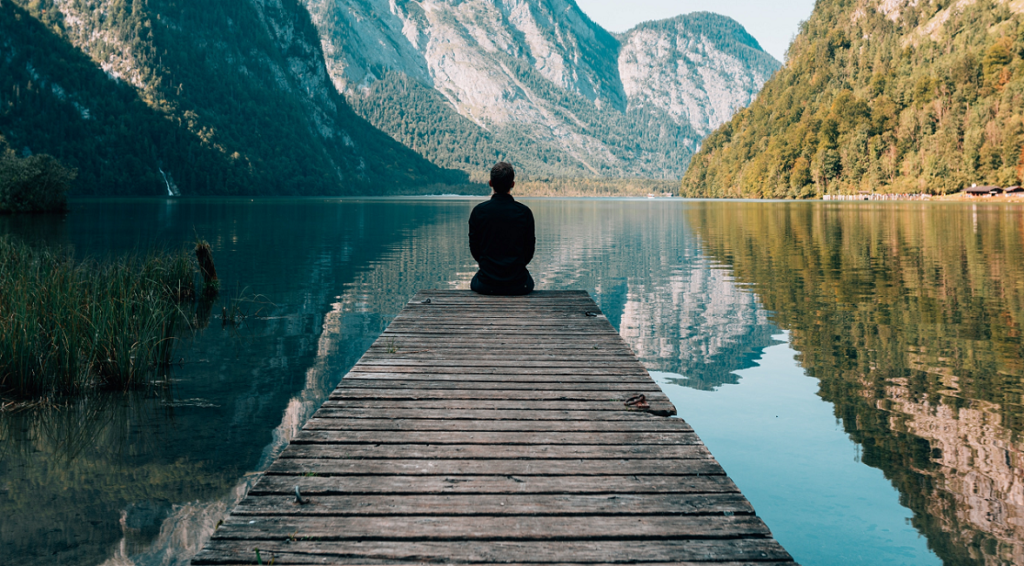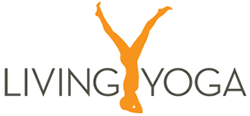Thoughts from Steven

Since the emergence of the COVID-19 crisis, this question has become a central focus for many businesses, schools, and public and private organizations.
The decision, either way, will be made through myriad filters within those of us making the decision and, too, the recipients on the other side of the decision who will interpret the decision, its meaning, and what it may symbolize.
One could err on the side of caution and close.
This decision assuredly protects against any risk of contamination and infection.
Such a decision communicates concern, protection and preservation of the health and welfare of all who are connected to the business, school, and/or organization.
Such a decision communicates, too, the decision to protect others against themselves—should they choose to want to do business, attend school, or physically participate with said organization.
Do we protect ourselves from ourselves because such a decision is the safest approach to ensuring health?
As much as I might want to deny it, the “protect oneself from oneself” filter plays a role, even when coupled with genuine compassion, empathy, and natural fear (where the unknown and/or death serve as sources of natural fear).
One the other hand, are we cavalier and pompous, demonstrating gross disregard for life if we throw care to the wind and shout from the rooftops: come one, come all, our doors are open 24/7, or even 9 to 5. . .?
Possibly, but not necessarily without a genuine appreciation and treasuring of life and its many adventures, inclusive of the understanding that life is incomplete without death.
No matter how much we may know about COVID-19, we come face-to-face with elements of choice, including who we might trust when it comes to what is known about the virus.
The question of choice applies to those we place trust in when it comes to public safety—and individual choice.
If choice, however, requires consciousness, and consciousness requires sentience, the question may be begged as to whether an individual who is without sufficient awareness of their sentience is capable of making a choice.
If one decides to keep their doors open could they be perceived as a threat to public health, or their own?
Are such people capable of choosing, or are they functioning according to unconscious or conditioned reflexes, void of impulse control?
Or might we simply consider them ill-informed with compromised critical thinking skills?
And if there is a general recommendation to temporarily close the doors on all non-essential services, how might this be defined, and by whom?
Other than those who are working to keeping our lights on, our sanitation services functioning, hospitals, fire and police departments open–are we to consider those working at grocery stores, fuel stations, and coffee shops frontline sustainers of life’s essentials and defenders against the spread of COVID-19?
Does the job description for an employee at the corner 7/11 include the following: “in the event of a national emergency you agree to risk exposure to a life-threatening illness in order to serve customers who purchase coffee, cigarettes, petrol, and day-old doughnuts.” . . . ?
Yet there they are, not to mention the staff at a larger grocer where I will return my impulse buy of 32 hard-boiled eggs that, I recently learned, came from an area where hard-boiled egg products were recalled after listeria was discovered in a nearby facility.
The question is begged: why should these individuals be asked to make themselves available to serve those of us who may have chosen to not make ourselves available to others who could benefit from our services?
Until now, I never really considered how our services might stack-up next to an extra 64 rolls of toilet paper, or dozen bottles of hand sanitizer?
Humbling.
It’s easy to say and comprehend: the fewer of us “out there” at risk of picking up and transmitting the virus, the more likely we are to remain untouched by its potential ravages.
And instead of a figuratively speaking, 6 degrees of separation, we’re increasing it to 12, 24, etc.
Maybe the “wisest” choice is to go into a self-imposed quasi-quarantine?
It could be for some: those with a compromised immune system; most obviously for carriers of the virus.
We could spend all day classifying low risk to high risk groups and individuals, albeit most know who they are without having to be reminded (and not uncommonly condescended to).
Still, the question must be asked: who is best qualified to determine if they want to attend an in-studio yoga class, have an in-office psychotherapy session, see an acupuncturist, or massage therapist?
Who is best qualified to determine if these services are non-essential?
If we go so far as to distinguish between wants and needs, and consider Abraham Maslow’s hierarchy of needs, one need not go far up the list to understand how little is required for physical survival.
And as much as I embrace the principle, “less is better,” I cannot say I’m qualified to determine for others what they consider non-essential to their sense of safety and well-being.
Maybe the decision is best left to individuals, most of whom will make clear headed choices, in and with an awareness of the world they share with others, and the desire to keep it going.
The decision to close or not to close can be seen at one end as alarmist, underpinned by fear—and at the other end as ignoring of genuine health risks, underpinned by ego fortification impulses (scarcity v. hoarding).
And while I do not and cannot claim to know there is a singular answer to the dilemma, if there is one thing I want to maintain throughout these challenging times, it would be a sense of trust within the community of people who choose to study and practice yoga at our center, and other like-minded centers.
First and foremost, I trust in those who choose to use yoga as a tool for reflection and self-learning, that they will assess when and when not to come to class, and seek medical help when necessary.
Needless to say, the same applies to all practitioners at the center, and their clients.
At this point in time we have decided to remain open, albeit not without a sensitivity to the situation and recognition that changing circumstances may require changing decisions; making choices that, indeed, we consider of utmost importance to serving and honoring the health of all who pass through our doors.
